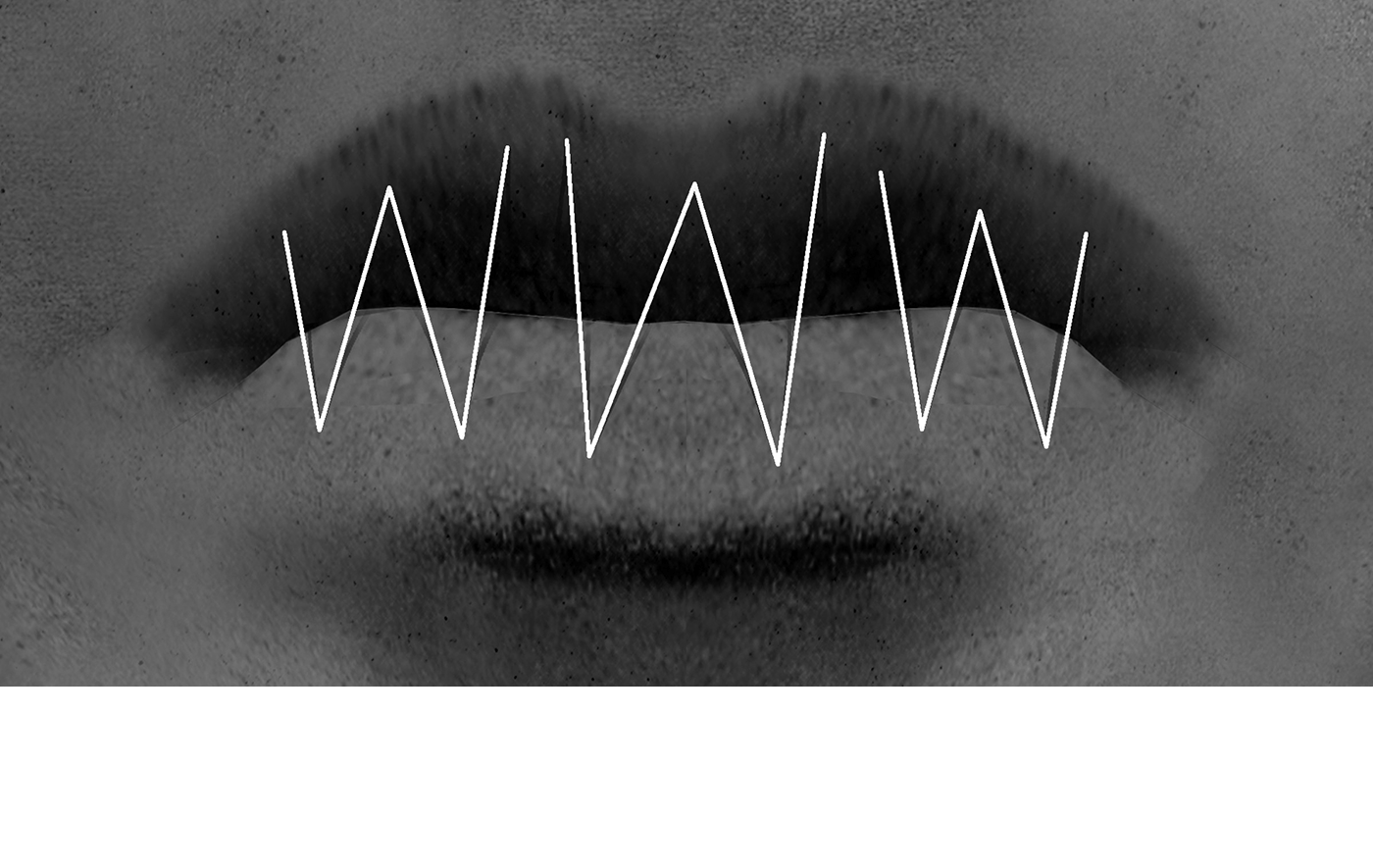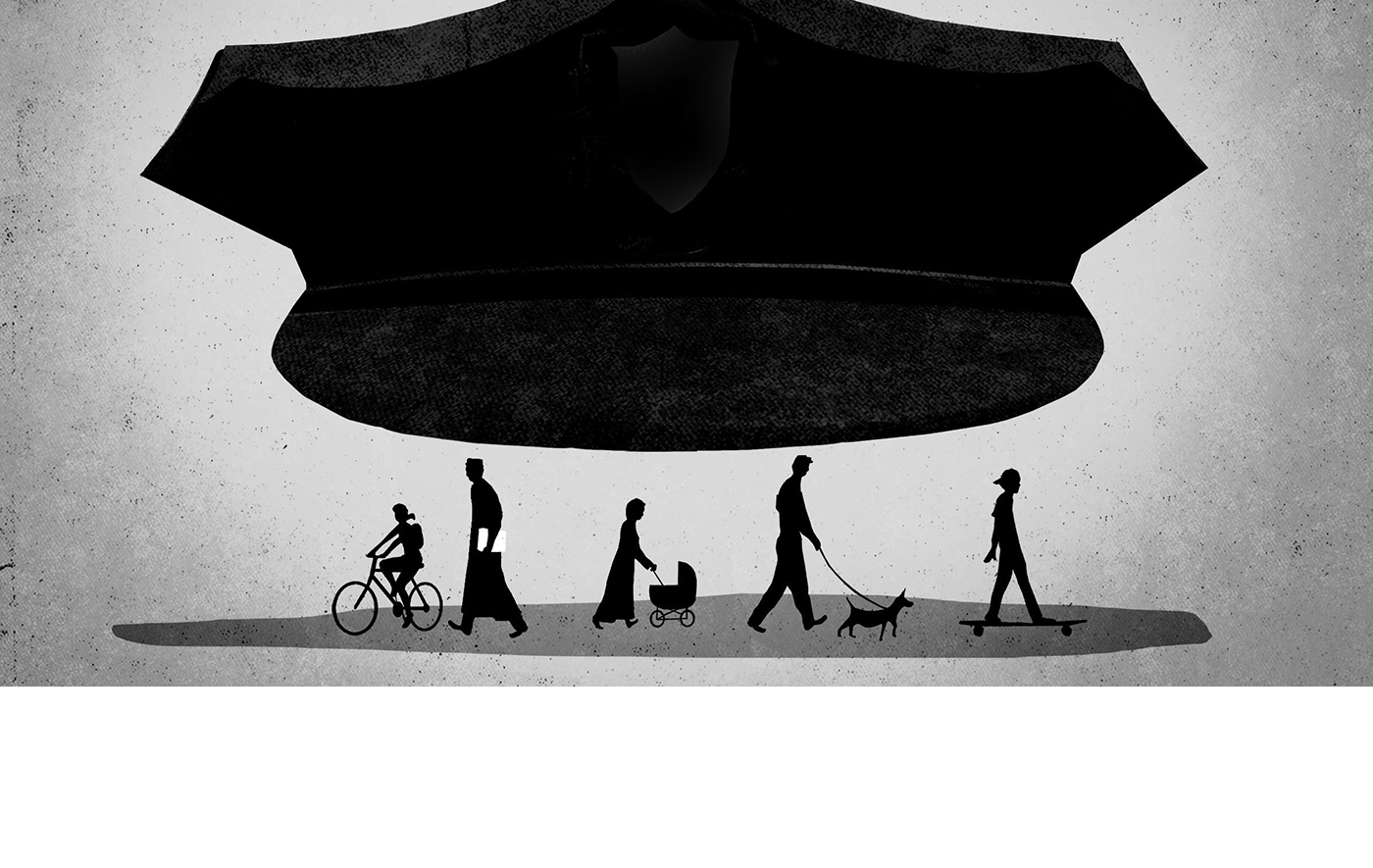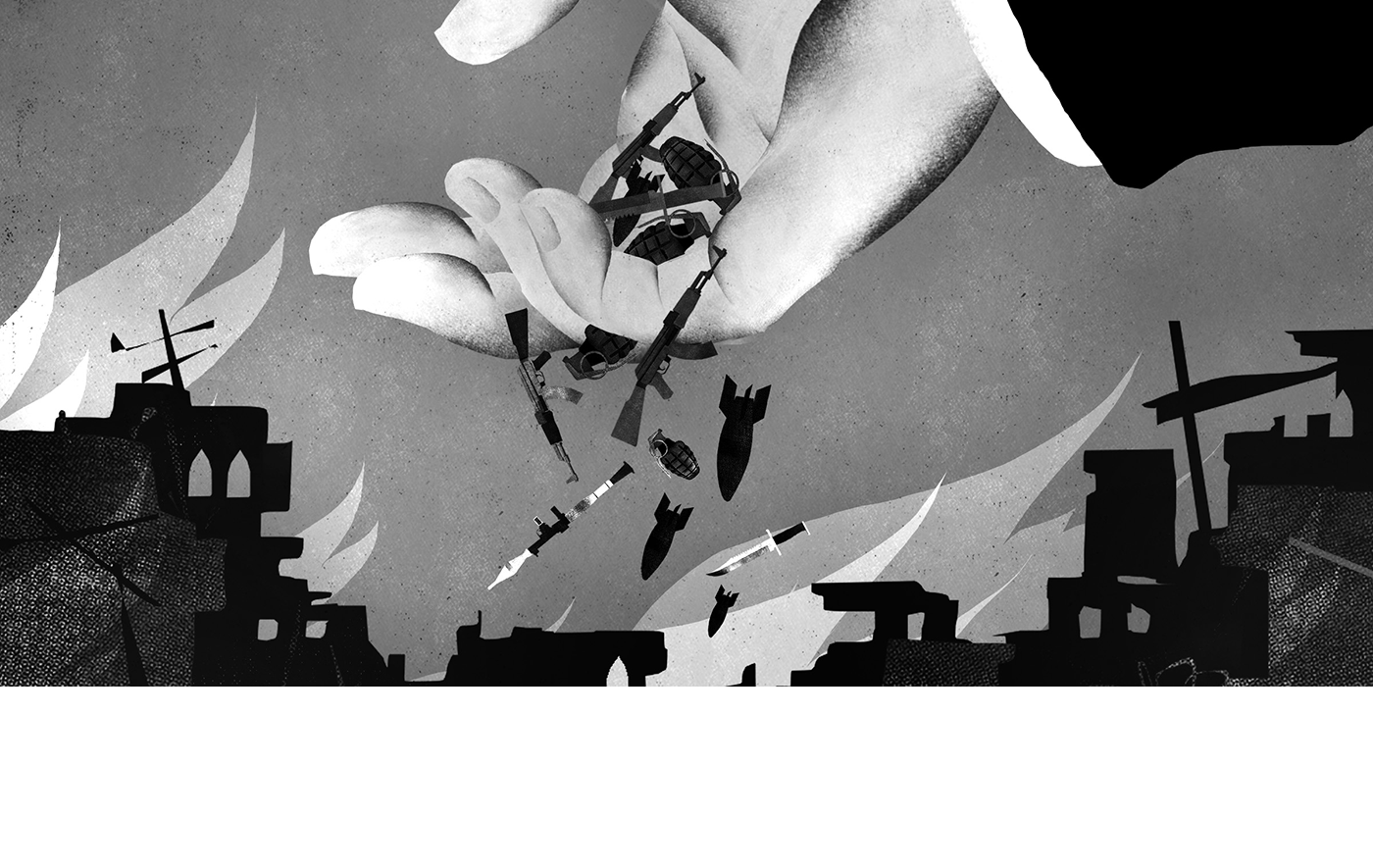By mid-November, 164,695 migrants and asylum seekers reached Italy by sea, according to UNHCR. Nigerians, Eritreans, and Sudanese made up the largest national groups. Numbers of unaccompanied children increased significantly, with an estimated 23,000 traveling alone to Italy by mid-September compared to 12,360 in all of 2015. The International Organization for Migration estimated that 80 percent of all Nigerian women arriving in Italy had been trafficked or were at risk of being trafficked into sex work.
New asylum applications and rejection rates increased compared to 2015, as increased border controls by neighboring countries prevented onward movement. Most asylum seekers lived in temporary emergency facilities of varying standards. Concerns persisted about use of force for fingerprinting as well as overcrowding and lack of protection for unaccompanied children at hotspots. At time of writing, only 1,570 asylum seekers had been relocated to other EU countries out of the 39,600 initial target under the EU plan.
Italy intensified negotiations with countries such as Sudan, Gambia, and Libya on migration control, including to facilitate deportations. In August, after a memorandum of understanding with Sudan, Italy deported 48 Sudanese it claimed had not sought to apply for asylum amid concerns about the procedure.
A bill to make torture a criminal offence in domestic law, approved by the lower house of parliament in 2015, languished in the Senate at time of writing.
In February, the ECtHR ordered Italy to compensate an Egyptian cleric known as Abu Omar for complicity with his 2003 rendition and for failing to ensure effective punishment for those responsible. At time of writing, one of the 22 CIA agents convicted in absentia by Italian courts in the case was fighting extradition from Portugal. At issue is Italy’s refusal to grant her a retrial.
Italy continued to expel terrorism suspects under a procedure that explicitly denied the right to an in-country appeal. Italy expelled 47 individuals, many of them to Tunisia and Morocco, in the first eight months of 2016.
In April, the Council of Europe’s Social Rights Committee said the fact that 7 out of 10 doctors in Italy are “conscientious objectors,” meaning that they refuse to provide abortion services in some or all circumstances, created serious difficulties for women accessing safe and legal abortions.
As of May, same-sex couples may have their relationships legally recognized as civil unions, though they do not have the right to adopt.





